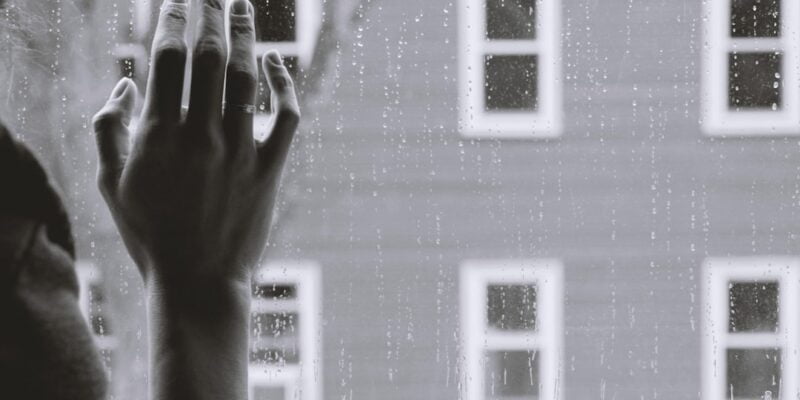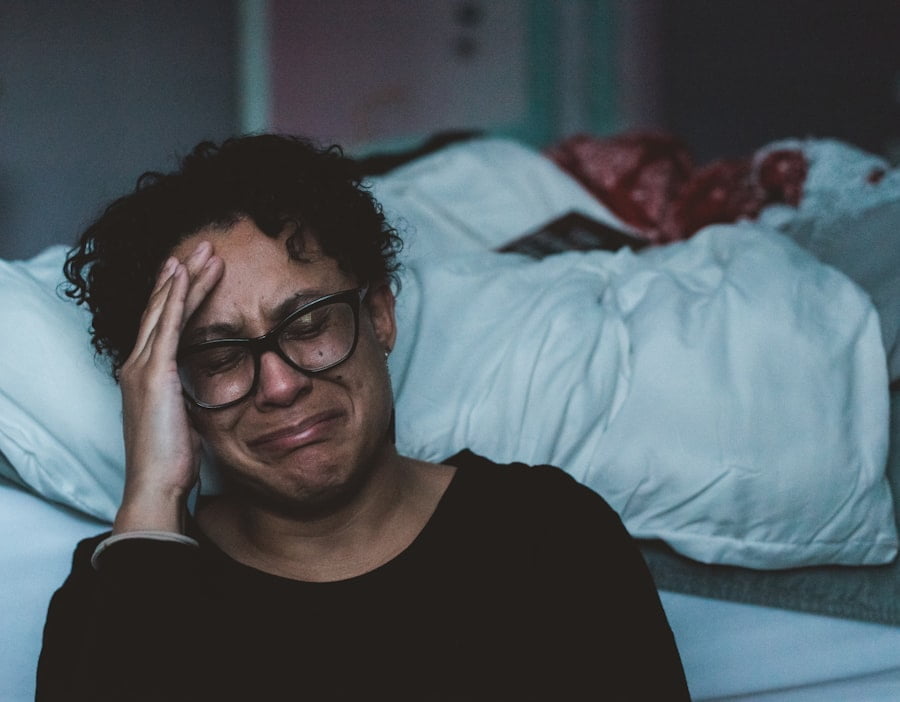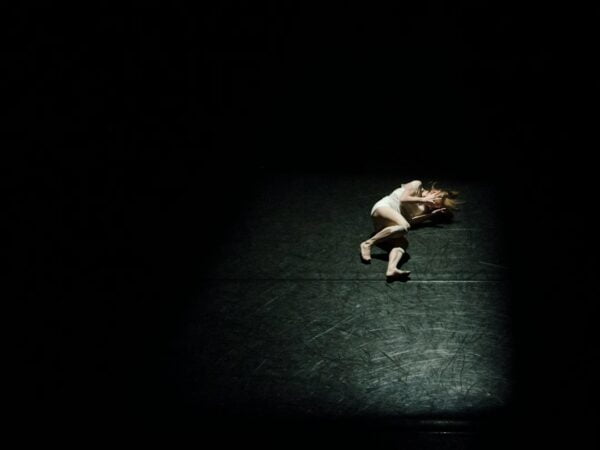
Exploring the Power of Alternative Therapies: Natural Remedies for Depression
Depression is a common mental health disorder that affects millions of people worldwide. It is characterized by persistent feelings of sadness, hopelessness, and a loss of interest in activities. While traditional treatments such as medication and therapy can be effective for many individuals, they may not work for everyone. This has led to an increased interest in alternative therapies for depression.
Alternative therapies are non-traditional approaches to treating various health conditions, including depression. These therapies often focus on holistic healing and aim to address the underlying causes of depression rather than just managing the symptoms. They can be used in conjunction with traditional treatments or as standalone therapies.
Exploring alternative therapies for depression is important because it provides individuals with additional options for managing their symptoms. Traditional treatments may not be effective for everyone, and some individuals may prefer to try alternative therapies before resorting to medication or therapy. Additionally, alternative therapies often have fewer side effects compared to traditional treatments, making them a more appealing option for some individuals.
Key Takeaways
- Alternative therapies can be effective in treating depression.
- Herbal supplements and remedies, acupuncture and acupressure, mindfulness-based therapies, yoga and meditation, aromatherapy and essential oils, light therapy, massage therapy, and music therapy are all alternative therapies that can help combat depression.
- Herbal supplements and remedies can have side effects and may interact with other medications, so it’s important to consult with a healthcare provider before using them.
- Mindfulness-based therapies, yoga, and meditation can help reduce stress and improve mood.
- Alternative therapies should not be used as a substitute for professional medical treatment, but can be used in conjunction with traditional therapies to enhance overall well-being.
Alternative Therapy 1: Herbal Supplements and Remedies
Herbal supplements and remedies have been used for centuries to treat various health conditions, including depression. Some commonly used herbal supplements for depression include St. John’s Wort, Saffron, and Omega-3 fatty acids.
St. John’s Wort is one of the most well-known herbal supplements for depression. It is believed to work by increasing the levels of serotonin, a neurotransmitter that plays a key role in regulating mood. However, it is important to note that St. John’s Wort can interact with certain medications and may cause side effects such as gastrointestinal upset and photosensitivity.
Saffron is another herbal supplement that has shown promise in treating depression. It has been found to be as effective as certain antidepressant medications in reducing symptoms of depression. However, more research is needed to fully understand its mechanisms of action and potential side effects.
Omega-3 fatty acids, commonly found in fish oil supplements, have also been studied for their potential benefits in treating depression. Some studies have found that omega-3 fatty acids can help reduce symptoms of depression, although the results have been mixed. It is important to consult with a healthcare provider before starting any herbal supplements, as they can interact with medications and may not be suitable for everyone.
Alternative Therapy 2: Acupuncture and Acupressure
Acupuncture and acupressure are ancient Chinese healing practices that involve stimulating specific points on the body to promote healing and balance. These therapies can be used to treat a variety of health conditions, including depression.
Acupuncture involves the insertion of thin needles into specific points on the body. It is believed to work by stimulating the release of endorphins, which are natural painkillers and mood enhancers. Acupressure, on the other hand, involves applying pressure to these same points using fingers or other tools.
Scientific evidence supporting the use of acupuncture and acupressure for depression is mixed. Some studies have found that these therapies can help reduce symptoms of depression and improve overall well-being. However, more research is needed to fully understand their effectiveness and mechanisms of action.
Alternative Therapy 3: Mindfulness-Based Therapies
| Alternative Therapy 3: Mindfulness-Based Therapies | |
|---|---|
| Number of sessions required | 8-12 |
| Duration of each session | 45-60 minutes |
| Conditions treated | Anxiety, depression, stress, chronic pain, addiction |
| Effectiveness | Studies show significant reduction in symptoms and improvement in quality of life |
| Cost | Varies depending on location and practitioner, may be covered by insurance |
Mindfulness-based therapies are a type of psychotherapy that incorporates mindfulness meditation practices into the treatment of depression. These therapies aim to help individuals become more aware of their thoughts and emotions in the present moment without judgment.
One example of a mindfulness-based therapy is mindfulness-based cognitive therapy (MBCT). MBCT combines elements of cognitive therapy with mindfulness practices to help individuals break free from negative thought patterns and prevent relapse into depression.
The benefits of mindfulness-based therapies for depression are well-documented. Research has shown that these therapies can help reduce symptoms of depression, improve overall well-being, and prevent relapse. They can also help individuals develop healthier coping mechanisms and improve their ability to manage stress.
Alternative Therapy 4: Yoga and Meditation
Yoga and meditation are ancient practices that have been used for centuries to promote physical and mental well-being. These practices involve a combination of physical postures, breathing exercises, and meditation techniques.
Yoga has been found to be beneficial for individuals with depression. It can help reduce symptoms of depression, improve mood, and increase feelings of well-being. Yoga is also a gentle form of exercise that can be easily modified to accommodate individuals of all fitness levels.
Meditation, on the other hand, involves focusing the mind on a specific object, thought, or activity to achieve a state of mental clarity and relaxation. It has been found to be effective in reducing symptoms of depression and improving overall mental health. Meditation can be practiced in various forms, such as mindfulness meditation, loving-kindness meditation, and transcendental meditation.
Scientific evidence supporting the use of yoga and meditation for depression is growing. Numerous studies have shown that these practices can help reduce symptoms of depression, improve mood, and increase feelings of well-being. They can also help individuals develop healthier coping mechanisms and improve their ability to manage stress.
Alternative Therapy 5: Aromatherapy and Essential Oils

Aromatherapy is a holistic healing practice that involves the use of essential oils derived from plants to promote physical and mental well-being. Essential oils can be inhaled, applied topically, or used in massage oils or bath products.
Some commonly used essential oils for depression include lavender, bergamot, and chamomile. Lavender has been found to have calming and relaxing properties, which can help reduce symptoms of anxiety and depression. Bergamot has uplifting properties and can help improve mood. Chamomile is known for its calming effects and can help reduce symptoms of anxiety and depression.
While aromatherapy and essential oils can be beneficial for individuals with depression, it is important to use them with caution. Essential oils are highly concentrated and can cause skin irritation or allergic reactions if not used properly. It is also important to consult with a healthcare provider before using essential oils, as they can interact with medications and may not be suitable for everyone.
Alternative Therapy 6: Light Therapy
Light therapy, also known as phototherapy, involves exposure to bright light to help regulate mood and improve symptoms of depression. It is often used to treat seasonal affective disorder (SAD), a type of depression that occurs during the winter months when there is less natural sunlight.
Light therapy works by mimicking natural sunlight and helping to regulate the body’s internal clock. It is typically administered using a light box or light therapy lamp, which emits bright light that is similar to natural sunlight.
Scientific evidence supporting the use of light therapy for depression is well-established. Numerous studies have shown that light therapy can help reduce symptoms of depression, improve mood, and increase feelings of well-being. It is considered a safe and effective treatment option for individuals with SAD and other types of depression.
Alternative Therapy 7: Massage Therapy
Massage therapy involves the manipulation of soft tissues in the body to promote relaxation and relieve tension. It can be used as a standalone therapy or in conjunction with other treatments for depression.
Massage therapy has been found to be beneficial for individuals with depression. It can help reduce symptoms of anxiety and depression, improve mood, and increase feelings of relaxation and well-being. Massage therapy can also help individuals develop healthier coping mechanisms and improve their ability to manage stress.
It is important to note that massage therapy should be performed by a trained professional. Improper technique or pressure can cause injury or exacerbate existing health conditions. It is also important to consult with a healthcare provider before starting massage therapy, as it may not be suitable for everyone.
Alternative Therapy 8: Music Therapy
Music therapy is a type of therapy that uses music to promote physical and mental well-being. It involves listening to or creating music under the guidance of a trained music therapist.
Music therapy has been found to be effective in reducing symptoms of depression and improving overall mental health. It can help individuals express their emotions, reduce stress, and increase feelings of relaxation and well-being. Music therapy can also help individuals develop healthier coping mechanisms and improve their ability to manage stress.
Scientific evidence supporting the use of music therapy for depression is growing. Numerous studies have shown that music therapy can help reduce symptoms of depression, improve mood, and increase feelings of well-being. It is considered a safe and effective treatment option for individuals with depression.
The Power of Alternative Therapies in Combating Depression
In conclusion, alternative therapies can be valuable tools in the treatment of depression. They provide individuals with additional options for managing their symptoms and can be used in conjunction with traditional treatments or as standalone therapies. Alternative therapies such as herbal supplements, acupuncture, mindfulness-based therapies, yoga and meditation, aromatherapy, light therapy, massage therapy, and music therapy have all shown promise in reducing symptoms of depression and improving overall well-being.
It is important to note that while alternative therapies can be beneficial for individuals with depression, they may not work for everyone. It is also important to consult with a healthcare provider before starting any alternative therapies, as they can interact with medications and may not be suitable for everyone.
Incorporating alternative therapies into a treatment plan for depression should be done under the guidance of a healthcare provider. They can help determine which therapies are most appropriate for each individual and ensure that they are used safely and effectively.
Overall, exploring alternative therapies for depression is important because it provides individuals with additional options for managing their symptoms. These therapies can help individuals take an active role in their own healing and promote overall well-being. By combining traditional treatments with alternative therapies, individuals can create a comprehensive treatment plan that addresses their unique needs and preferences.
FAQs
What are alternative therapies for depression?
Alternative therapies for depression are non-conventional treatments that are used to manage symptoms of depression. These therapies include acupuncture, meditation, yoga, herbal supplements, and others.
Are alternative therapies effective for treating depression?
There is limited scientific evidence to support the effectiveness of alternative therapies for depression. However, some people may find these therapies helpful in managing their symptoms.
What is acupuncture?
Acupuncture is a traditional Chinese medicine practice that involves inserting thin needles into specific points on the body to stimulate energy flow and promote healing. It is believed to help alleviate symptoms of depression by balancing the body’s energy.
What is meditation?
Meditation is a practice that involves focusing the mind on a particular object, thought, or activity to achieve a state of relaxation and mental clarity. It is believed to help reduce symptoms of depression by promoting mindfulness and reducing stress.
What is yoga?
Yoga is a physical and mental practice that involves a series of postures, breathing exercises, and meditation. It is believed to help alleviate symptoms of depression by reducing stress, improving mood, and promoting relaxation.
What are herbal supplements?
Herbal supplements are natural products that are derived from plants and are used to treat various health conditions. Some herbal supplements, such as St. John’s Wort, are believed to help alleviate symptoms of depression. However, it is important to consult with a healthcare provider before taking any herbal supplements, as they may interact with other medications or have side effects.













